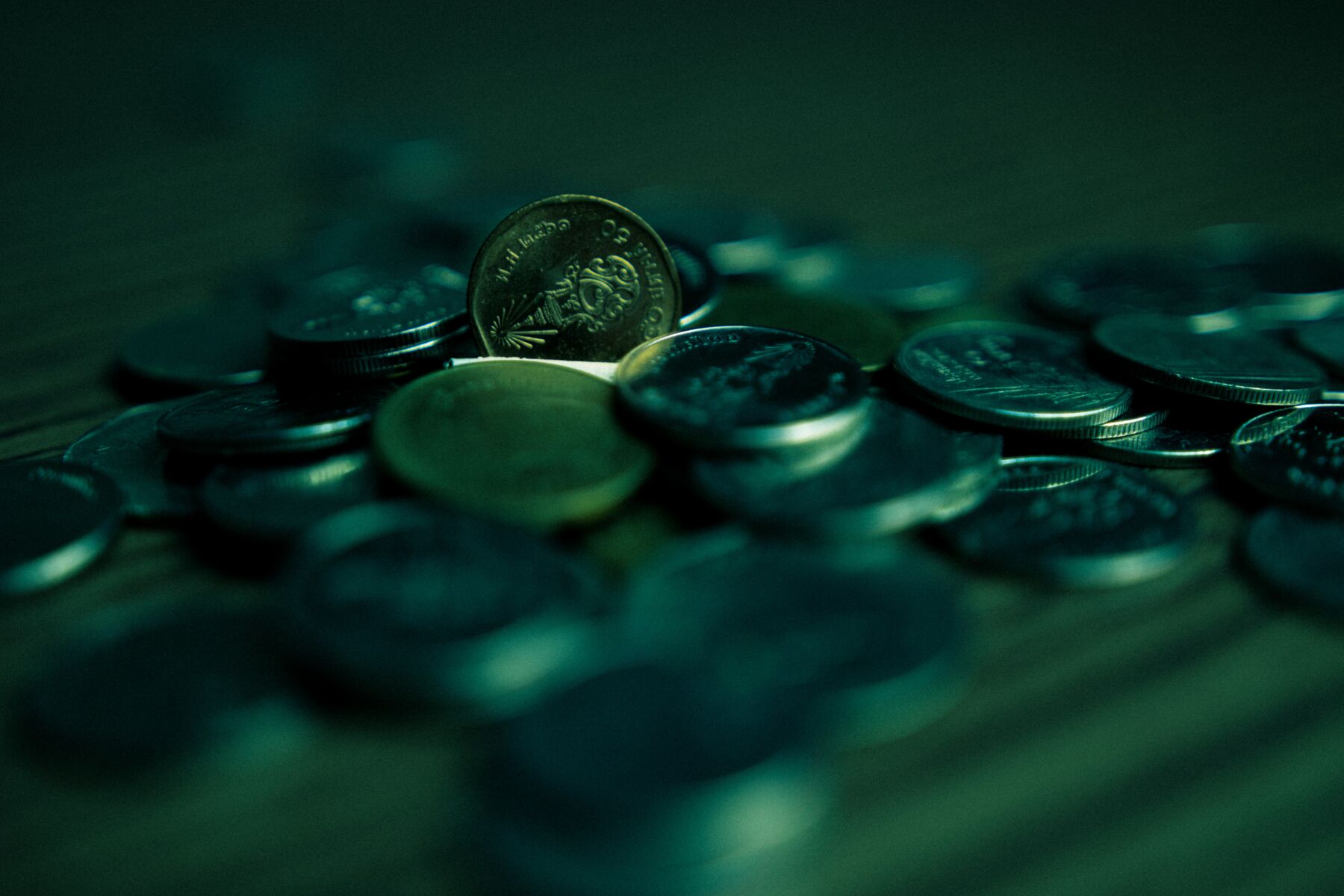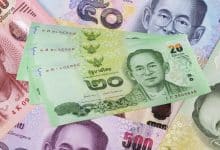Thai baht hits six-week high ahead of Federal Reserve meeting

The Thai baht reached a six-week high against the US dollar yesterday morning, trading at 35.86. Analysts predict further appreciation if the Federal Reserve does not provide clear indications regarding United States interest rate trends at its upcoming meeting.
As Head of Research at Kasikorn Research Centre, Kanjana Chockpisansin observed that the baht’s quick appreciation from 36.50 to the US dollar was due to investors reducing risks by selling off the US currency ahead of the Federal Reserve meeting scheduled for October 31 to November 1.
Additionally, increased domestic gold prices have led to a rush of sales in gold shops as tensions escalate in the Middle Eastern conflict between Israel and Hamas, said Kanjana. The consequent increase in gold exports has resulted in a weakening dollar against the baht. However, the baht’s volatility was underlined as it fell to below 36.10 against the dollar before Tuesday noon, Kanjana explained.
“Although most investors expect the Fed to maintain rates at this meeting, they are unsure about the December Fed meeting as US inflation is still higher than the Fed’s target and higher oil prices can propel inflation.”
She also pointed out that a robust US labour market could prompt the Federal Reserve to increase the rate further or sustain a high-interest rate longer due to concerns over inflation not decreasing as anticipated, reported Bangkok Post.
Poon Panichpibool, a currency analyst at Krungthai Bank (KTB), noted that the baht’s rebound was stronger and faster than currency traders expected, partly due to profit-taking from the gold trade.
The US stock market’s increased risk following better-than-anticipated performance from registered companies also contributed to this. Poon now predicts the baht could reach 35.80 to the dollar, with the potential to hit 35.60 baht if it breaks the support zone.
BMI, a Fitch Solutions unit, anticipates the Federal Reserve will initiate monetary loosening in the second half of 2024, with the Bank of Thailand likely to follow its lead.
The research unit of the New York-based financial information service said that any pre-emptive return by the Bank of Thailand could exacerbate weakness in the baht, which has already weakened by about 5.0% year-to-date.
Follow more of The Thaiger’s latest stories on our new Facebook page HERE.
Latest Thailand News
Follow The Thaiger on Google News:


























